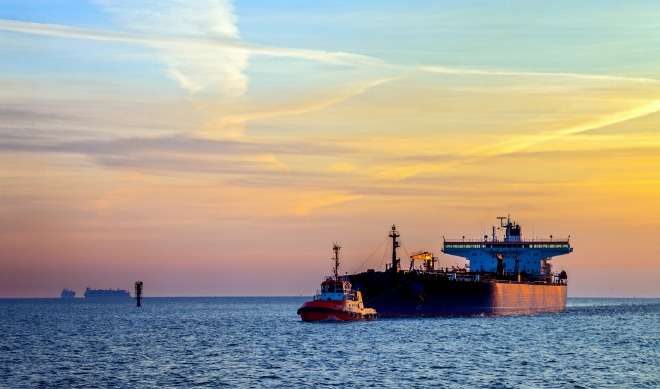Excessive working hours onboard in the spotlight

The Mission to Seafarers has published the latest Seafarers Happiness Index report for the first quarter of 2021.
The report highlights three main themes: the consequences of a lack of recognition for seafarers as key workers, the onboard challenges of working hours and crew tension, and the benefits of onboard connectivity and port welfare services.
The first quarter’s responses revealed lingering worries about the ongoing crew change situation. Additionally, the issue of when and how seafarers will be vaccinated also came to the fore.
Seafarers consistently spoke of the pressures to work excessive hours. Furthermore, respondents raised issues of fraudulent record keeping, seeing seafarers working 14 to 15 hours every day but being forced to sign a monthly working slip which complies with working hours. In addition, the workload and the tasks being asked of crew also take a heavy toll, particularly in relation to pressures to reduce manning and rest periods not taken.
Tensions between mixed nationality crews further highlighted criticisms of manning models, particularly with regards to the impact of Covid-19. It was reported that some nationalities are not allowed ashore or allowed crew changes, while others are, which further impacts crew wellbeing.
Encouragingly, progress is being made with more seafarers able to get online and connect with loved ones back home. More shipping companies are working to provide crews with access to wifi.

Nothing will change until the seafarer has some sort of leverage on board, either through protective legislation that is enforceable while the ship is at sea, or by being represented in a collective way that again is enforceable. The abusive shipowner or Captain can rest assured that nothing like that is in the offing, which is what they intended to happen when they raised a flag of convenience and chose developing-world crews. The burden of representation lies now with the ITF and Port State Control. Most of the Port State governments are little better ethically than the shipowners they host, so action under the Maritime Labour Code will be patchy. Seafarers are not helped by brigandage amongst the crew supplying nations as they compete for market share.
This be more appropriately called the “Seafarer’s MISERY index”
I don’t see anything HAPPY to be measured here.